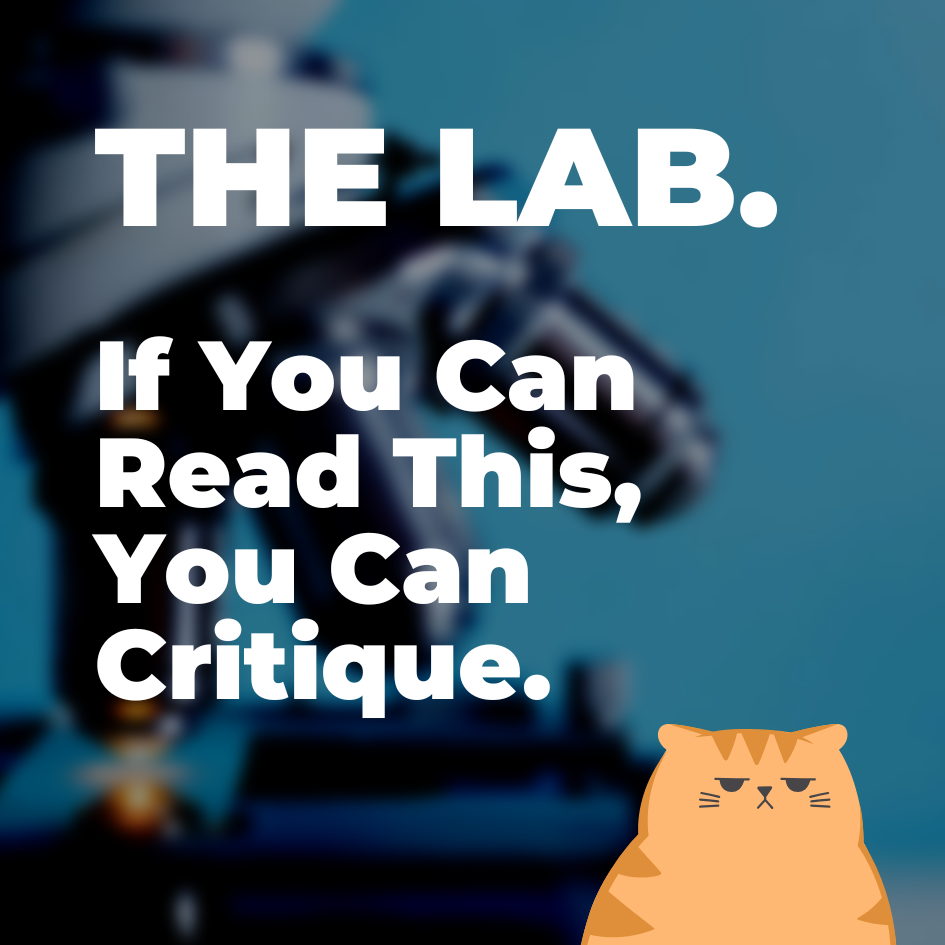M
Marc Joan
Guest
I read something interesting on the BBC News website [http://www.bbc.co.uk/news/entertainment-arts-29205286 ], describing how Golding's Lord of the Flies, after rejection by 10 publishers and an agent, was saved by an editor at Faber who suggested very significant alterations and reworkings. That was an eye-opener for me, as I had always thought of editors as having little input other than asking for the manuscript to be shorter. I wonder how many great books have been radically improved by editors, and whether editors ever get any recognition for this? Also, do editors still edit as in Golding's day, or in these high-pressured, cost-cutting days do they simply reject anything that needs the kind of rewrite required for Lord of the Flies?



